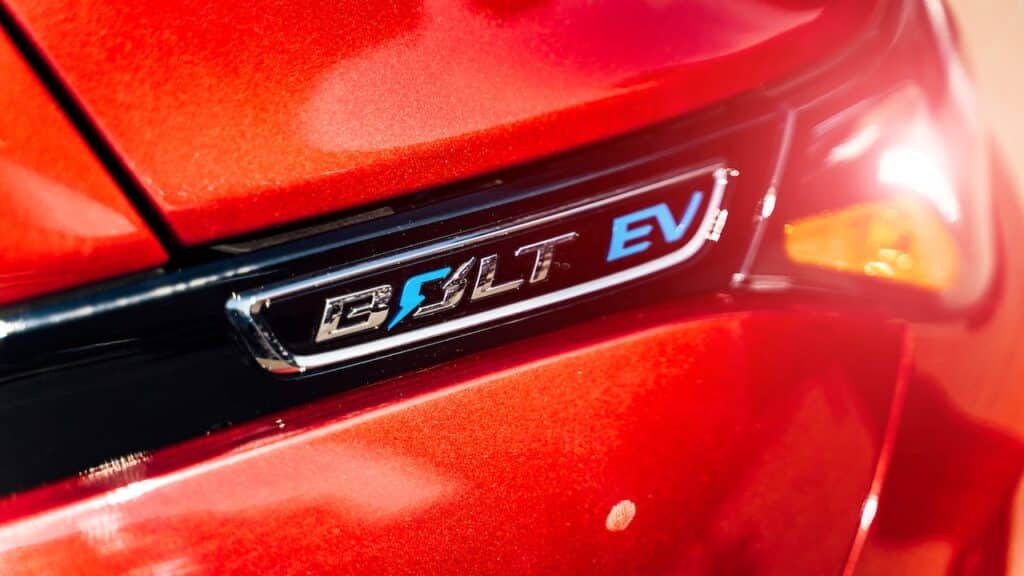
Chevy Bolt EV class action lawsuit overview:
- Who: Chevrolet Bolt EV owners filed a class action lawsuit against General Motors LLC, LG Electronics USA Inc. and LG Energy Solution Michigan Inc.
- Why: The plaintiffs claim the companies sold Chevy Bolt EVs with defective batteries that pose a fire risk and fail to provide the advertised range.
- Where: The Chevy Bolt EV class action lawsuit was filed in Michigan federal court.
Chevy Bolt EV owners have filed a class action lawsuit against General Motors LLC, LG Electronics USA Inc. and LG Energy Solution Michigan Inc., accusing the companies of selling vehicles with defective batteries that pose a fire risk and fail to provide the advertised range.
The plaintiffs, who filed the class action lawsuit in Michigan federal court, claim that GM and LG knew about the battery defects but failed to disclose them to consumers, causing them to pay a premium for vehicles that did not meet their expectations.
According to the Chevy Bolt EV class action, the vehicles affected by the battery defects include the 2017-2019 Chevrolet Bolt EVs, which were equipped with LG’s lithium-ion batteries. The plaintiffs allege that the batteries suffer from a manufacturing defect that can cause them to overheat and catch fire, as well as a design defect that reduces their capacity and range over time.
The plaintiffs claim that they experienced significant problems with their vehicles, such as reduced range, inability to charge fully, inability to park indoors, range anxiety and depreciation. They say that they would not have bought the vehicles or would have paid less for them if they had known about the defects.
Chevy Bolt EV owners claim GM, LG failed to provide adequate repair or replacement
The Chevy Bolt EV owners also allege that GM and LG failed to provide adequate repair or replacement for the defective batteries, despite issuing multiple recalls and software updates. They say that the companies’ attempts to fix the problem were insufficient and delayed, leaving many owners with unsafe and unreliable vehicles.
The Chevy Bolt class action lawsuit says GM’s recall notices instructed users to limit their battery charge to 90% and avoid parking their vehicles indoors, which further reduced their vehicles’ range and utility.
The Chevy Bolt EV class action lawsuit accuses GM and LG of violating various state and federal laws, including the Magnuson-Moss Warranty Act, the Uniform Commercial Code, the Consumer Legal Remedies Act and the Unfair Competition Law.
The plaintiffs seek to represent a nationwide class of all persons who bought or leased a 2017-2019 Chevrolet Bolt EV. They are seeking damages, restitution, injunctive relief and attorney fees.
Back in 2024, General Motors and LG reached a $150 million settlement with Chevrolet Bolt owners over the same battery issue, while a separate class action alleges over 600,000 GM vehicles are equipped with faulty engines that can spontaneously fail.
What do you think of the allegations in this Chevy Bolt EV class action lawsuit? Let us know in the comments.
The plaintiffs are represented by Jonathan D. Selbin, Daniel S. Robinson and others.
The Chevy Bolt EV class action lawsuit is Johnson, et al. v. General Motors LLC, et al., Case No. 2:25-cv-12364, in the U.S. District Court for the Eastern District of Michigan.
Don’t Miss Out!
Check out our list of Class Action Lawsuits and Class Action Settlements you may qualify to join!
Read About More Class Action Lawsuits & Class Action Settlements:
- Nature’s Recipe dog food hit with class action lawsuit over preservative-free claim
- Ransomware attack hits Highlands Oncology, exposing over 113K patient info
- Minn. Attorney General sues TikTok over addictive algorithms targeting children, teens
- Ford class action claims F-150 trucks have oil consumption defect




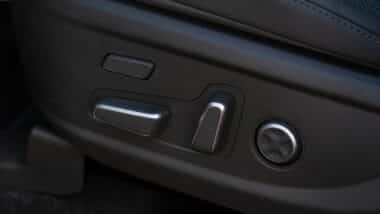
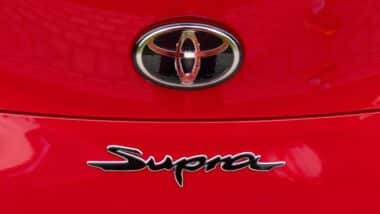
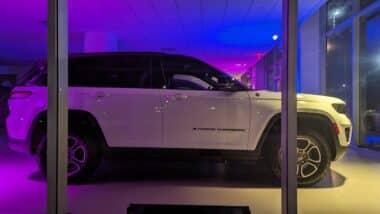
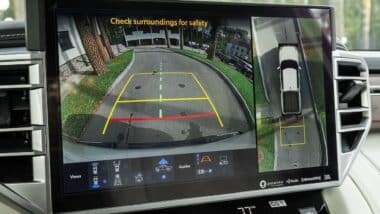
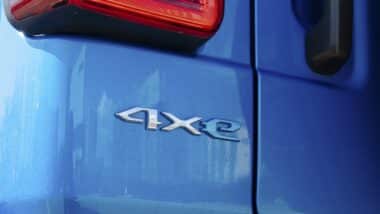
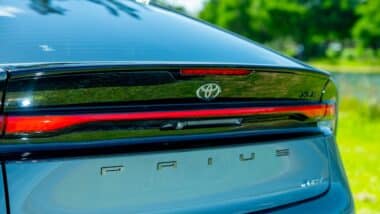
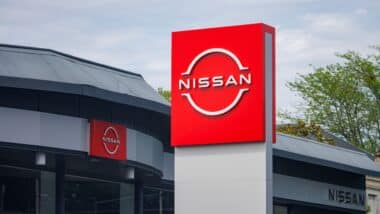
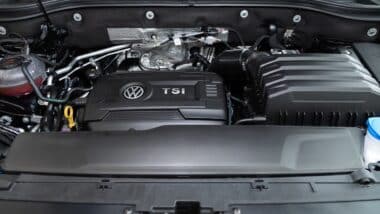

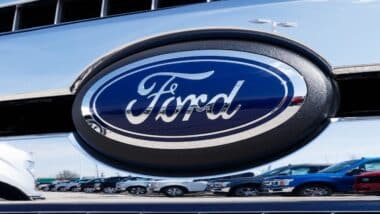
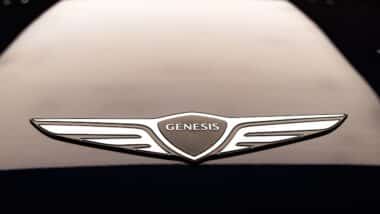
One thought on GM class action alleges Chevy Bolt EVs have defective batteries
I have documentation to prove that GM routinely ignores Moss act and misleads customers wrt their warranty coverage. They will state that your defective battery claim is governed by your states lemon law and try to buy back your car. Most likely because that number is less than the battery price. The used EV tax credit was built to bail GM out on buybacks.